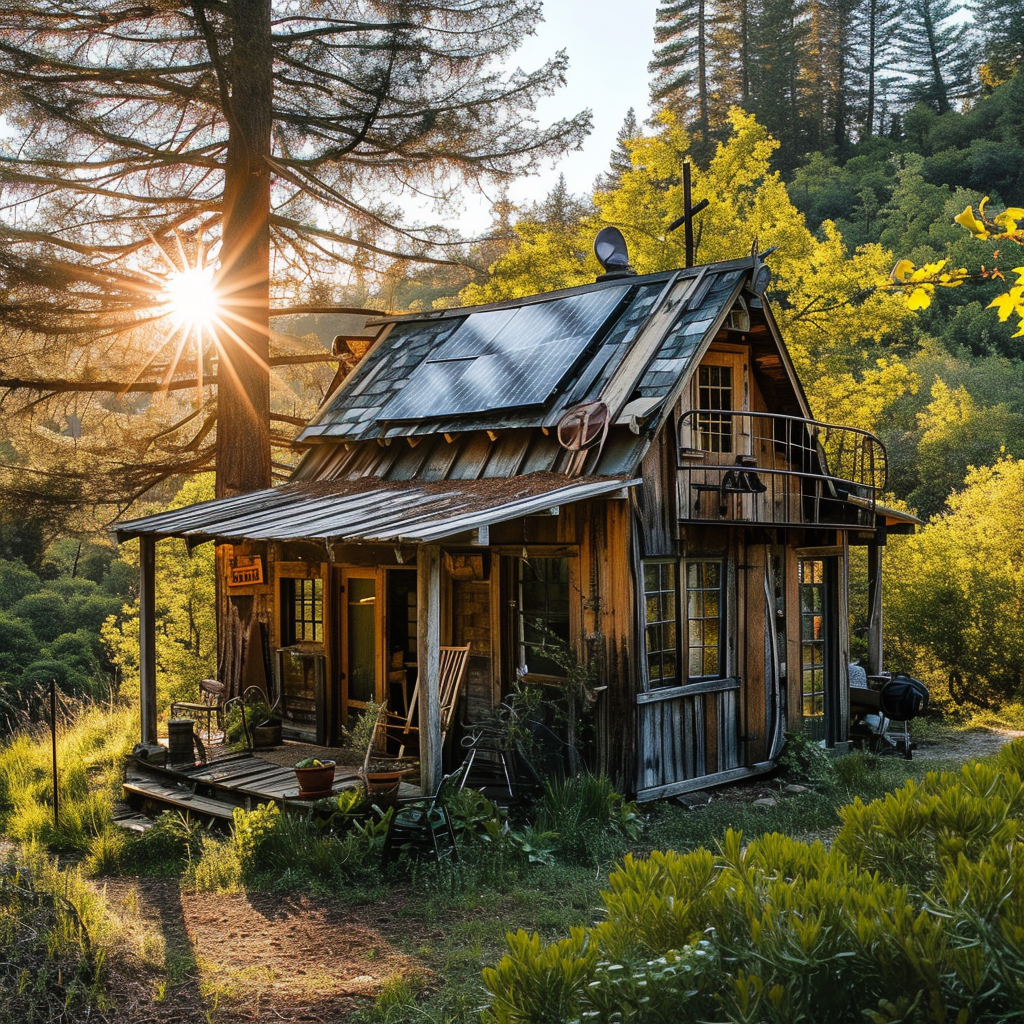Is off grid living legal in California? You may have heard about the growing trend of people choosing to live off the grid, but you’re not sure if it’s allowed in California. Well, let me tell you, it’s a topic that many people are curious about. Living off the grid means being completely self-sufficient, without relying on public utilities. It can involve generating your own power, collecting rainwater, and growing your own food. But what are the legalities of such a lifestyle in California? Let’s dive in and find out.
Living off the grid in California is not explicitly illegal, but there are certain regulations and restrictions that you need to be aware of. While the state supports renewable energy and encourages sustainable living, there are still laws in place that govern building codes, waste management, and water usage. So, it’s important to ensure that your off grid setup complies with these regulations to avoid any legal troubles. In fact, some counties have specific off grid ordinances that you need to adhere to.
However, it’s worth noting that there are many residents in California who successfully live off the grid without any legal issues. They have found innovative ways to meet the state’s requirements and maintain a sustainable lifestyle. It’s all about understanding and working within the existing laws. In the upcoming article, we’ll explore the specific rules and regulations for off grid living in California, as well as practical tips on how to navigate this alternative lifestyle while staying on the right side of the law. Stay tuned for more insightful details on this fascinating topic!
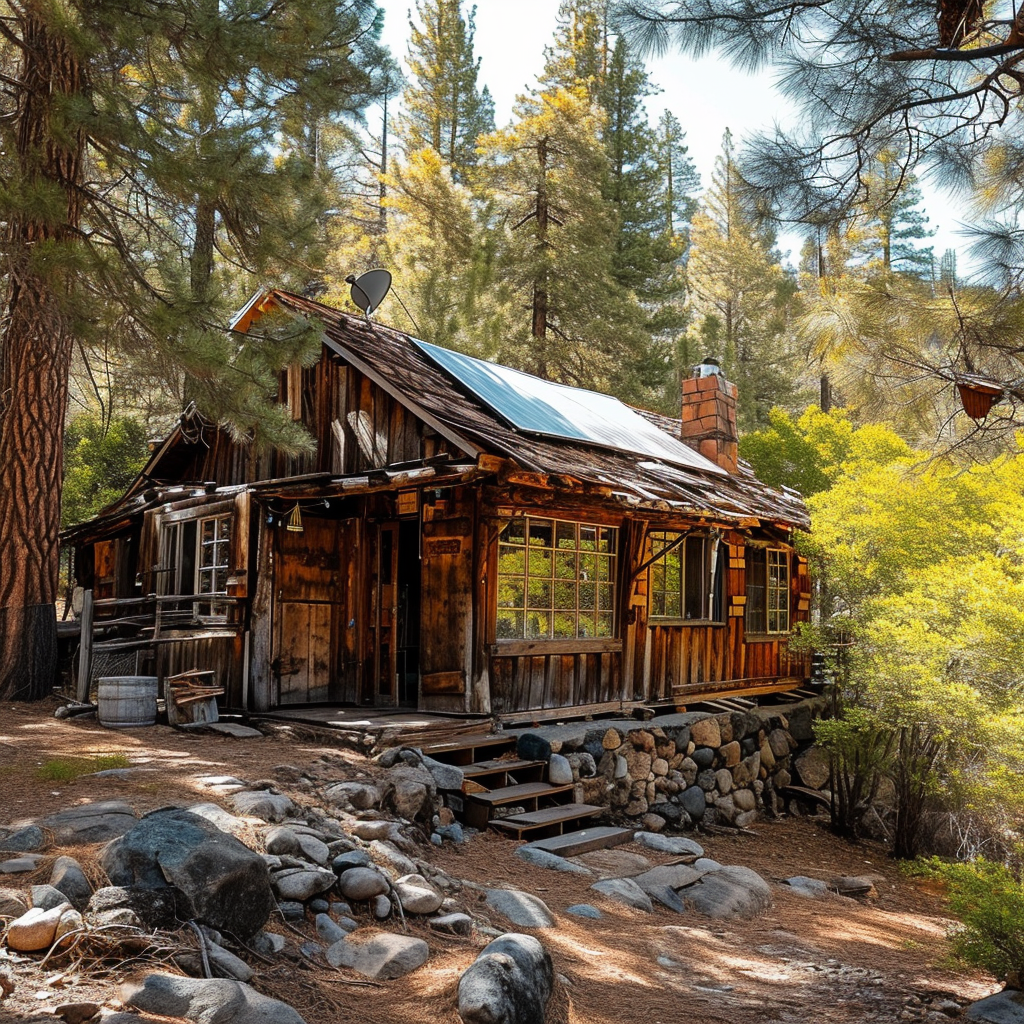
Understanding off grid living
What is off grid living?
Off-grid living refers to the lifestyle of residing in a self-sufficient manner without relying on public utilities such as electricity, water, and sewage systems. It involves generating one’s own power, collecting and purifying water, and managing waste independently. This lifestyle is often sought after by individuals who prioritize sustainability, self-sufficiency, and living in harmony with nature.
Benefits of off grid living
Living off the grid offers numerous benefits. Firstly, it allows you to reduce your carbon footprint by relying on renewable energy sources instead of fossil fuels. This contributes to a healthier planet and reduces your environmental impact. Secondly, off grid living promotes self-reliance and independence. By generating your own power and managing your resources, you become less dependent on external factors and can adapt to various situations more easily. Additionally, off grid living can lead to financial savings as you eliminate or greatly reduce monthly bills for utilities. It also offers a sense of freedom and a closer connection to nature.
Challenges of off grid living
While off grid living can be appealing, it’s important to recognize the challenges that come with it. One of the main hurdles is the initial cost of setting up the necessary infrastructure, such as solar panels, wind turbines, and water storage systems. These upfront investments can be significant but usually pay off in the long run. Additionally, living off the grid may require a higher level of responsibility and maintenance as you become your own service provider. This could involve regular monitoring of energy production, water levels, and waste disposal. Finally, severe weather conditions or unexpected failure of equipment could disrupt your off grid lifestyle, requiring quick solutions and potentially additional costs.
Is off grid living sustainable?
Off grid living is considered a sustainable lifestyle choice as it reduces reliance on non-renewable resources and minimizes environmental impact. By generating energy from renewable sources like solar power and wind turbines, individuals contribute to a low-carbon future. Additionally, off grid living encourages responsible water management through rainwater collection and purification systems. The utilization of organic waste for composting or as a source of energy further exemplifies sustainable practices. However, it is important to note that sustainable off grid living requires proper knowledge, planning, and ongoing dedication to maintaining eco-friendly practices.
Legal considerations in California
Regulations and permits for off grid living
In California, living off the grid is legal; however, there are certain regulations and permits that must be considered. Building any structure, whether it be a permanent or temporary off grid home, requires obtaining the necessary permits from the local authorities. These permits ensure compliance with safety codes, environmental regulations, and zoning laws. It is crucial to consult with the appropriate agencies and professionals, such as architects and contractors, to ensure that your off grid living plans are in line with the legal requirements.
Building codes and zoning laws
Building codes and zoning laws in California play a significant role in off grid living. Before constructing an off grid home, it is essential to consult with the local building department to understand the specific requirements for your area. Building codes ensure that structures are safe, structurally sound, and meet the necessary standards for fire resistance, electrical wiring, plumbing, and other safety aspects. Zoning laws dictate where and how certain types of structures can be built and may have restrictions on the size, height, and materials used, among other factors. Adhering to these codes and laws will help ensure that your off grid living arrangements remain legal and safe.
Environmental impact assessments
When considering off grid living in California, it is important to evaluate the potential environmental impact of your proposed location. Conducting an environmental impact assessment can help identify any potential risks to the surrounding ecosystem, such as endangered species habitats or sensitive ecosystems. This assessment is typically required by local authorities to ensure that your off grid living plans do not harm the environment or violate any environmental regulations.
Water and sewage regulations
Managing water and waste is a critical aspect of off grid living. In California, regulations regarding water collection, treatment, and storage vary depending on the specific location. Rainwater collection is legal in many areas, but it may require a permit or compliance with certain guidelines. Proper disposal of waste, including human waste, is also regulated to prevent contamination of groundwater or surface water. Composting toilets or septic systems that meet the necessary standards may be required to ensure compliance with sewage regulations.
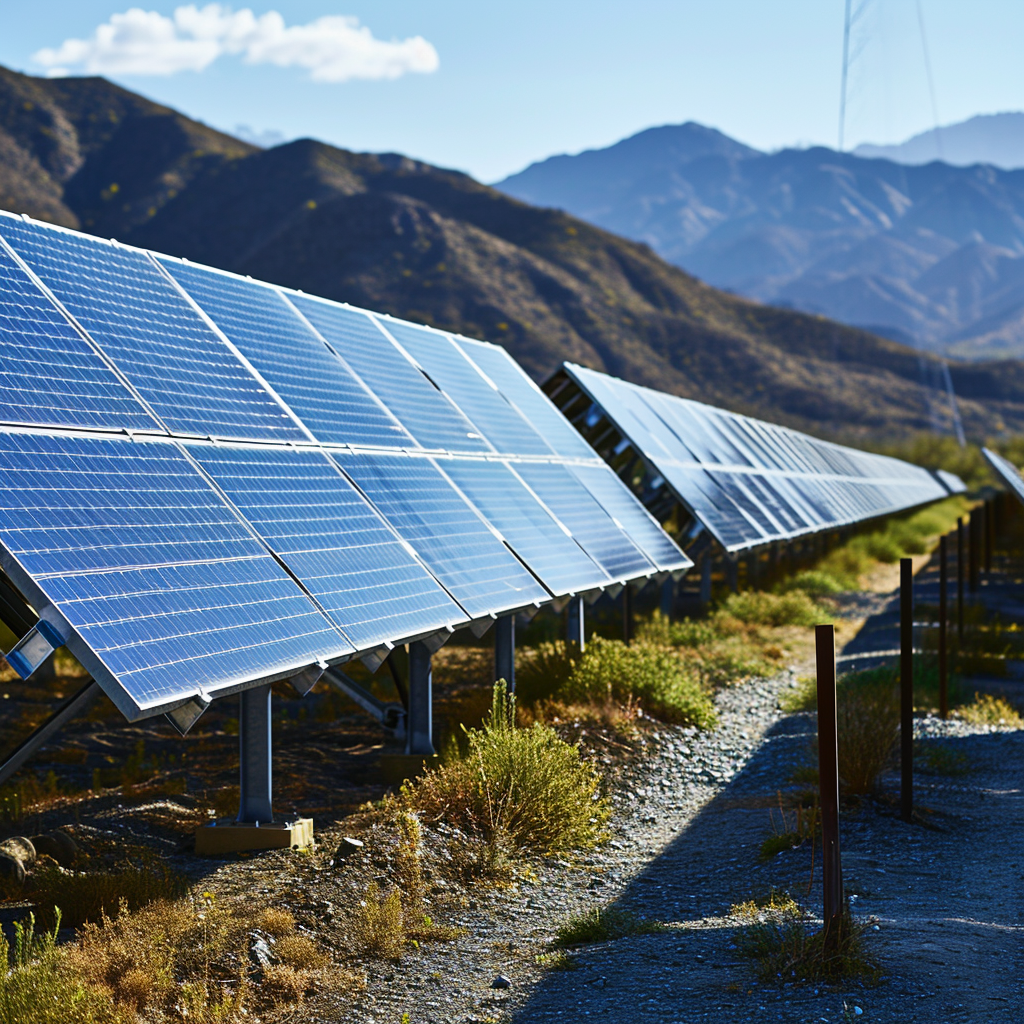
Renewable energy options
Solar power systems
Solar power is a popular renewable energy option for off grid living in California due to its abundant sunshine. Installing solar panels allows you to harness the sun’s energy and convert it into electricity to power your home. There are various types of solar power systems available, including grid-tied systems with battery backup, standalone systems, and portable solar generators. Depending on your energy needs and budget, you can choose the system that best suits your off grid lifestyle.
Wind turbines
In areas with consistent wind patterns, wind turbines can be a viable option for generating off grid electricity. Wind turbines convert the kinetic energy from the wind into electrical power. It is important to assess the wind resources in your specific location and the local regulations regarding the installation and operation of wind turbines. Additionally, considering the noise and potential visual impact of wind turbines is crucial, especially if you are living in close proximity to others.
Hydroelectric systems
In certain areas with access to flowing water, such as rivers or streams, hydroelectric systems can be utilized for off grid power generation. Hydroelectric turbines convert the energy from moving water into electricity. However, it is important to consider the potential impact on the local water ecosystem and obtain the necessary permits and approvals for installing and operating a hydroelectric system.
Biomass and biofuel solutions
Biomass and biofuel systems offer an alternative off grid energy source for heating and cooking. Biomass refers to organic matter, such as wood pellets or agricultural waste, which can be burned to produce heat and electricity. Biofuel, on the other hand, involves converting organic material, such as vegetable oil or animal fat, into a fuel source. These systems can be particularly useful in remote areas where access to traditional fuel sources may be limited. It is essential to ensure sustainable sourcing of biomass and comply with any local regulations on burning materials.
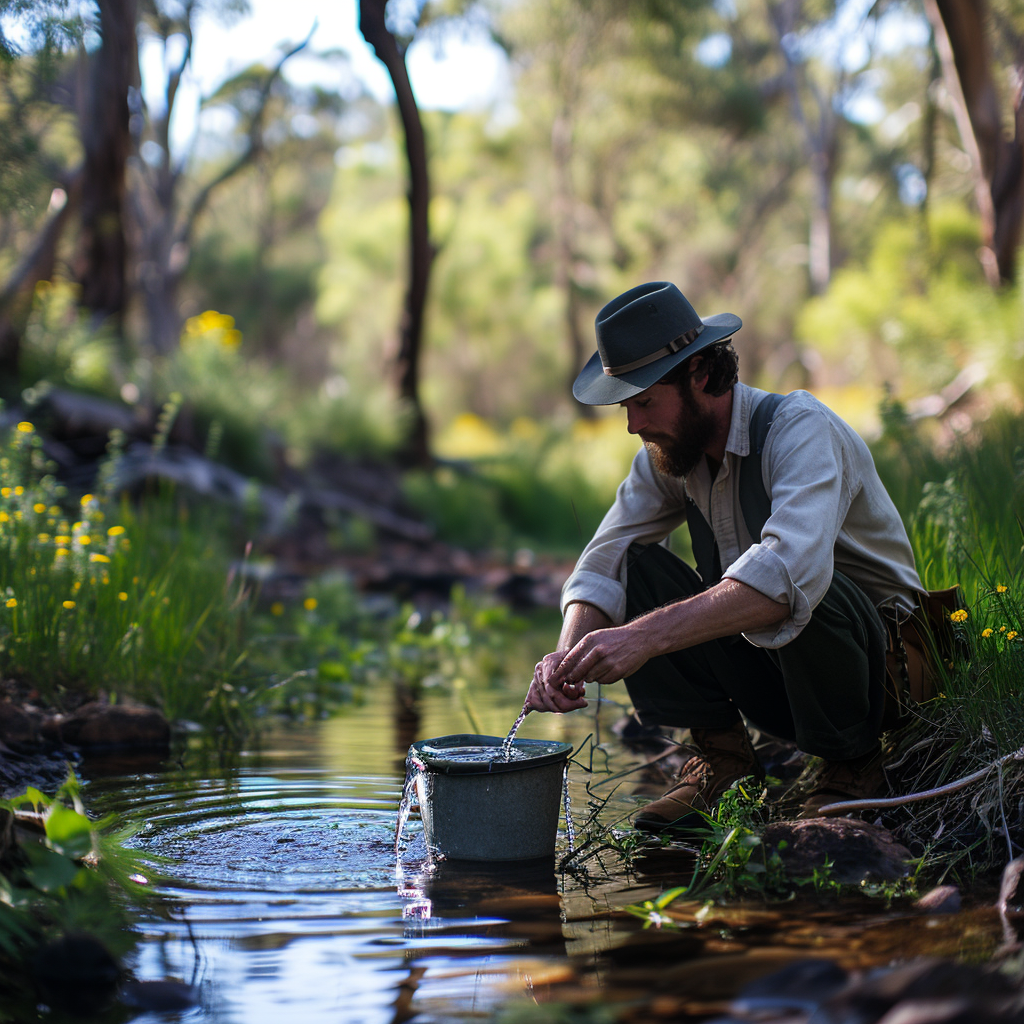
Water management
Collecting rainwater
Rainwater collection is a valuable practice in off grid living, especially in areas with limited water resources. It involves capturing and storing rainwater for various purposes such as drinking, cooking, gardening, and cleaning. In California, rainwater harvesting is generally allowed, but regulations and permits may vary depending on the specific location. Implementing a well-designed rainwater collection system with appropriate filtration and storage capabilities can provide a sustainable water source for your off grid lifestyle.
Well drilling and access
In areas where rainwater collection may not be sufficient, drilling a well can provide a reliable source of freshwater for off grid living. However, drilling a well requires a permit and adherence to specific regulations to prevent overuse or contamination of groundwater. It is crucial to consult with local authorities and professionals to ensure compliance with these regulations and to assess the feasibility of drilling a well on your property.
Water storage and purification
Proper storage and purification of water are essential for maintaining a safe and reliable off grid water supply. Storing water in food-grade containers or tanks helps prevent contamination and ensures its quality over time. Water purification systems, such as filtration and disinfection methods, eliminate potential contaminants and pathogens. It is important to select the appropriate purification system based on your water source and regularly monitor and maintain it to ensure the water’s safety.
Waste water disposal
Managing waste water is an integral part of off grid living. Proper disposal of greywater (wastewater from sinks, showers, and laundry) and blackwater (wastewater from toilets and kitchen) is necessary to prevent environmental contamination. In California, regulations and permits for waste water disposal depend on the specific location and the type of off grid system in use. Options for waste water treatment include composting toilets, septic systems, or bio-digesters. Understanding and complying with the local regulations is crucial to ensure the sustainable and legal disposal of waste water.
Alternative housing options
Tiny houses
Tiny houses have gained popularity in the off grid living movement due to their smaller environmental footprint and the ability to be self-sufficient. These compact dwellings are typically under 400 square feet and can be designed with off grid utilities such as solar power, rainwater collection, and composting toilets. Although regulations for tiny houses in California vary by county, it is possible to legally live off grid in a tiny house by obtaining the necessary permits and meeting building and zoning codes.
Earthships
Earthships are a unique type of off grid housing that utilizes sustainable and recycled materials, passive solar design, and natural building techniques. These self-sustaining homes are designed to be energy-efficient, water-efficient, and environmentally friendly. While California does not have specific regulations for earthships, it is important to consult with local building authorities to ensure compliance with safety and zoning requirements.
Shipping container homes
Shipping container homes are a creative and affordable option for off grid living. These structures repurpose shipping containers, providing a sturdy foundation for a living space. With the proper design and modifications, shipping container homes can incorporate off grid utilities. It is essential to consider zoning and building codes, as well as any necessary permits when planning a shipping container home.
Mobile homes and RVs
Mobile homes and recreational vehicles (RVs) offer mobility and flexibility for off grid living. They can be equipped with solar panels, water storage systems, and composting toilets for self-sufficiency. While there are regulations on the use of mobile homes and RVs in California, living off grid with these options is possible by adhering to parking restrictions and obtaining the necessary permits.
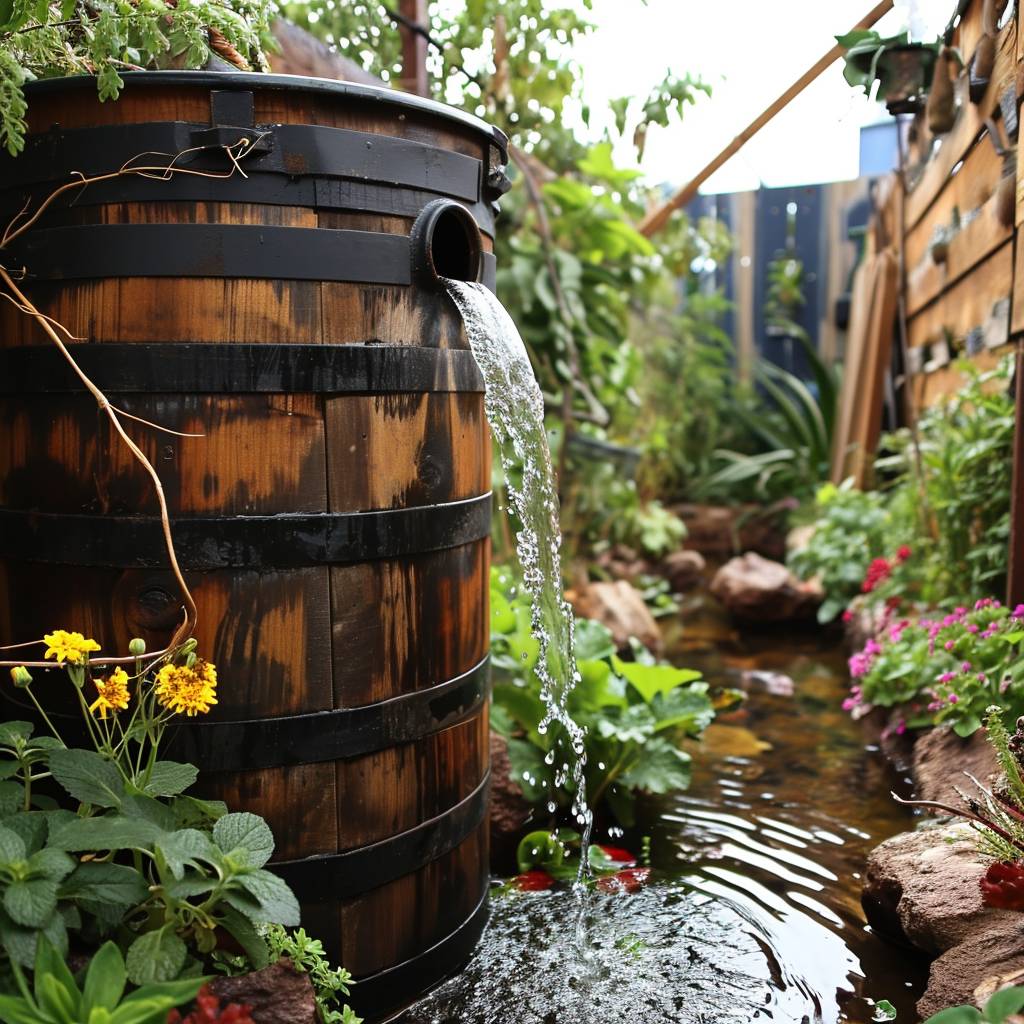
Food production and self-sustainability
Growing your own fruits and vegetables
One of the key aspects of off grid living is producing your own food. California’s climate and fertile soil make it a favorable environment for growing a wide variety of fruits, vegetables, and herbs. Establishing a permaculture system, utilizing raised beds or greenhouse structures, and practicing organic gardening principles can help ensure a sustainable and abundant food supply.
Raising livestock and poultry
For a more self-sufficient source of protein, raising livestock and poultry is an option to consider in off grid living. Keeping chickens for eggs or meat, as well as raising small animals like rabbits or goats, can provide fresh, sustainable food. However, it is important to be aware of local regulations regarding animal husbandry, such as property size requirements and zoning restrictions.
Aquaponics and hydroponics
Aquaponics and hydroponics are soilless farming methods that can be implemented in off grid living to maximize food production in limited space and resources. Aquaponics combines fish farming and hydroponic gardening, utilizing the waste produced by fish as a nutrient source for plants. Hydroponics, on the other hand, grows plants directly in water enriched with nutrients. These systems offer efficient water use and can be set up in a greenhouse or even indoors, allowing year-round food production.
Preserving and storing food
In off grid living, preserving and storing food is crucial for long-term self-sustainability. Techniques such as canning, dehydrating, fermenting, and freezing allow you to extend the shelf life of seasonal harvests. Implementing proper food storage practices, such as using root cellars or pantry systems, can help preserve food quality and reduce reliance on external food sources.
Off grid communities and co-operatives
Joining existing off grid communities
Joining an existing off grid community can provide a supportive environment and shared resources for off grid living. There are various intentional communities in California that prioritize sustainable practices, self-sufficiency, and communal living. Researching and visiting these communities can help you find like-minded individuals and develop a network of support as you embark on your off grid journey.
Creating co-operative living arrangements
Creating a co-operative living arrangement with other individuals or families interested in off grid living can be a viable option. Sharing resources, knowledge, and responsibilities can help ease the challenges and costs associated with off grid living. Legal considerations, such as developing a cooperative agreement and establishing clear property rights, should be addressed to ensure a successful and harmonious co-operative living arrangement.
Sharing resources and skills
Off grid living often thrives on the spirit of sharing resources and skills. Establishing a network of like-minded individuals in your local area can facilitate sharing tools, knowledge, and expertise. Collaborative projects, such as community gardens, renewable energy installations, or water management systems, can be undertaken collectively, fostering a sense of community and enhancing the overall off grid living experience.
Legal considerations for communal living
When living in communal arrangements off the grid, it is important to address legal considerations to ensure compliance with local regulations. Establishing clear guidelines for property ownership, land use, and shared resources can help prevent conflicts and ensure a legally sound communal living arrangement. Consulting with legal professionals familiar with cooperative or communal living arrangements can provide valuable guidance in navigating the legal aspects of communal off grid living.
Health and safety considerations
Emergency medical care
Living off the grid may present challenges when it comes to accessing emergency medical care. Depending on your location, emergency services may have limited response times or face difficulty reaching remote areas. It is important to have a well-stocked first aid kit, obtain basic medical training, and be aware of alternative options for emergency care, such as telemedicine or establishing a local support network for medical emergencies.
Fire safety and prevention
Being self-sufficient in off grid living also requires taking responsibility for fire safety and prevention. Due to the potential risks associated with off grid utilities, such as wood stoves or alternative heating sources, fire safety measures become paramount. Installing smoke detectors, fire extinguishers, and practicing safe heating and cooking practices can help minimize the risk of fire accidents.
Security measures
Living off the grid may sometimes mean residing in remote or secluded areas. Ensuring personal safety and the protection of property is essential. Implementing security measures such as surveillance systems, motion-activated lighting, and secure property boundaries can help deter potential threats. Additionally, fostering a sense of community and maintaining good relationships with neighbors can provide an extra layer of security and support.
Access to emergency services
When choosing an off grid location in California, it is important to consider access to emergency services. Being in close proximity to medical facilities, fire stations, or law enforcement agencies can significantly impact response times during emergencies. Researching the availability and distance to emergency services should be part of the decision-making process to ensure the safety and well-being of your off grid lifestyle.
Educational and employment options
Homeschooling and educational resources
Living off the grid presents opportunities for alternative education options, such as homeschooling. Homeschooling allows flexibility and personalized learning experiences tailored to your specific off grid lifestyle. California has specific guidelines and requirements for homeschooling, and it is important to familiarize yourself with them when choosing this educational path for your family. Additionally, there are various educational resources, both online and offline, that cater to off grid living, providing a wealth of knowledge and skills in sustainability and self-sufficiency.
Remote work and online opportunities
With the advancement of technology and widespread internet access, remote work and online opportunities have become increasingly feasible for off grid living. Many professions now allow individuals to work from anywhere with an internet connection. For those seeking employment while living off the grid, exploring remote work options can provide a sustainable income stream without compromising the off grid lifestyle. Additionally, online platforms and marketplaces offer the opportunity to sell handmade crafts, products, or services, further supporting your local off grid economy.
Creating sustainable income streams
Living off the grid does not mean completely disconnecting from the need for income. Creating sustainable income streams can help support your off grid lifestyle. Examples include selling excess produce or animal products, offering workshops or classes on off grid skills, or operating a small-scale off grid business, such as eco-tourism or sustainable product manufacturing. Identifying and developing income-generating opportunities that align with your off grid values can contribute to financial stability while embracing the self-sufficient lifestyle.
Supporting local economies
Off grid living encourages self-sufficiency and minimizing reliance on external resources; however, supporting local economies is still important. By purchasing goods and services from local businesses and artisans, you contribute to the resilience and sustainability of your community. Participating in local farmers’ markets, supporting sustainable agriculture initiatives, and engaging in local trade and bartering networks can foster a stronger off grid community and promote economic growth.
Conclusion
Summary of off grid living legality in California
Living off the grid in California is legal, but it is essential to comply with various regulations and permits. These regulations ensure safety, environmental protection, and adherence to building codes and zoning laws. Understanding the legal considerations related to off grid living, such as permits for structures, environmental impact assessments, and water regulations, is vital for a successful off grid lifestyle in the state.
Factors to consider before choosing off grid living
Before embarking on an off grid lifestyle in California, it is important to assess various factors. Consider the upfront costs of infrastructure, the ongoing responsibilities and maintenance, the potential challenges posed by extreme weather, and the need for emergency services and medical care. Additionally, understanding the requirements for building codes, zoning laws, and environmental impact assessments will ensure a legally compliant and sustainable off grid living experience.
Prospects for future off grid living regulations
The increasing interest in off grid living and sustainable practices has prompted discussions about potential future regulations and incentives in California. As society moves towards more sustainable living, it is likely that off grid living will continue to gain support and recognition. Future regulations may focus on providing clearer guidelines and easier access to permits for off grid infrastructure. Staying informed and actively participating in discussions related to off grid living regulations can help shape a future that supports and encourages self-sufficiency and sustainability.
In conclusion, off grid living is legal in California, but it requires careful consideration of legal requirements, building codes, and environmental regulations. Despite the challenges, off grid living offers numerous benefits, including sustainable resource management, self-sufficiency, and reduced environmental impact. By embracing alternative energy sources, managing water resources responsibly, exploring alternative housing options, and practicing self-sustainability in food production, individuals can create a fulfilling off grid lifestyle. Through communal living arrangements and support networks, off grid communities can provide a sense of belonging and shared resources. It is important to consider health, safety, education, and employment opportunities to ensure a successful off grid living experience. While off grid living in California may require effort and planning, the potential for a more sustainable and fulfilling lifestyle awaits those who choose to embrace it.

